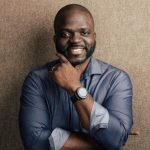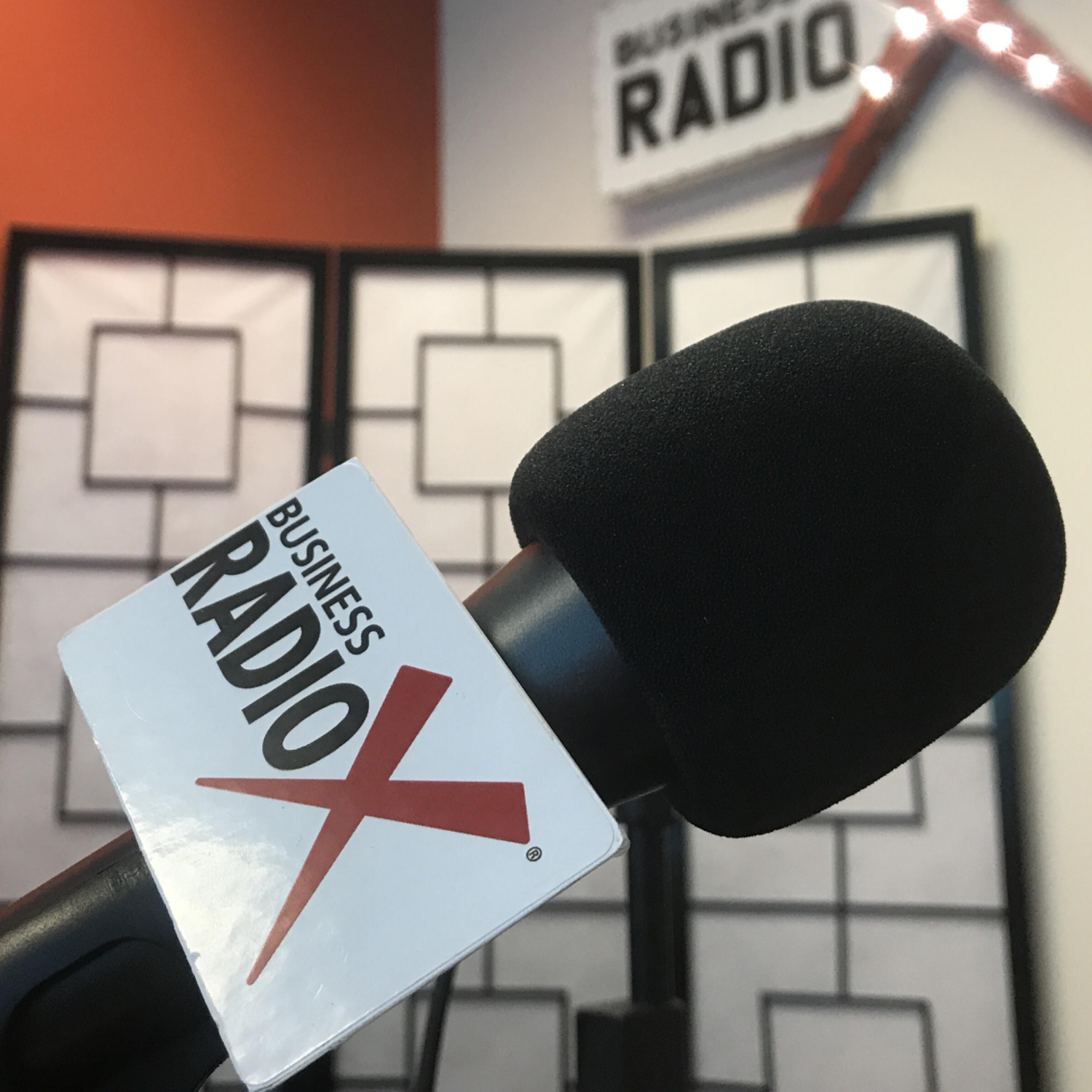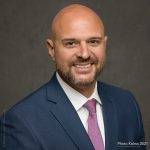
BRX Pro Tip: 6 Questions Coaches Should Ask
Stone Payton: Welcome back to Business RadioX Pro Tips. Lee Kantor and Stone Payton here with you. Lee, what are some key questions in your experience that you feel like coaches should be prepared to ask?
Lee Kantor: Yeah, you know, we’ve been doing this kind of deep dive on business coaches. We’ve been interviewing a ton of business coaches. We’ve been working with a ton of business coaches. So, I’ve been reading a lot about business coaches, different types of methodology, different types of best practices. And something I stumbled upon during all of this are these kind of six questions that business coaches should ask their clients in order to improve recommendation acceptance in sales conversations. So, this is some of the questions that a business coach should ask their clients.
Lee Kantor: Number one, how well do you understand the prospect’s core challenges and goals before making a recommendation? That’s so important. That’s really foundational. You have to understand what the challenges and the goals are before you can even make any type of recommendation. Number two, are you tailoring your solution to address their specific pain points? Like, it has to be really specific and it has to be tailored to whatever it is their specific pain points are. It can’t just be general kind of broad solutions.
Lee Kantor: And then number three, how clearly are you communicating the benefits and the ROI of your recommendation? Again, specificity is way better than just being general. Number four, do you highlight how your solution solves their problem better than other alternatives? Because everybody has tried different things, and you have to be clear on how your solution is different and better than whatever they’ve been trying previously.
Lee Kantor: And number five, how do you handle the objections? How are you handling when they push back? Are you listening actively? Are you responding confidently? And number six, are you confirming the next steps and securing agreement on those steps as you go? You have to kind of earn the next step by getting your prospect or client to agree to do the next step so that you can hold them accountable to that next step.
Lee Kantor: So, if you’re using these questions in helping your sales reps reflect on their approach and fine tune how they present solutions, you’re going to increase buy-in and you’re going to increase acceptance.


 Amy Sulka brings over 25 years of rich experience in business-to-business, complex solutions, and strategic enterprise sales to her role as a sales performance coach.
Amy Sulka brings over 25 years of rich experience in business-to-business, complex solutions, and strategic enterprise sales to her role as a sales performance coach. Joshua Kornitsky is a fourth-generation entrepreneur with deep roots in technology and a track record of solving real business problems. Now, as a Professional EOS Implementer, he helps leadership teams align, create clarity, and build accountability.
Joshua Kornitsky is a fourth-generation entrepreneur with deep roots in technology and a track record of solving real business problems. Now, as a Professional EOS Implementer, he helps leadership teams align, create clarity, and build accountability.
 Janneh Wright is the Founder and CEO of PRIMUS Business Management, where he has spent over 20 years helping small businesses and nonprofits transform their brilliance into scalable, sustainable infrastructure.
Janneh Wright is the Founder and CEO of PRIMUS Business Management, where he has spent over 20 years helping small businesses and nonprofits transform their brilliance into scalable, sustainable infrastructure.


 Terry Hess is a seasoned business leader and Principal with over 20 years of experience in executive management, strategy, and financial operations. He has held CEO and CFO positions in small to mid-sized businesses, where he consistently delivered growth and enhanced enterprise value. His leadership combines strategic insight with hands-on operational execution to unlock potential and drive sustainable success.
Terry Hess is a seasoned business leader and Principal with over 20 years of experience in executive management, strategy, and financial operations. He has held CEO and CFO positions in small to mid-sized businesses, where he consistently delivered growth and enhanced enterprise value. His leadership combines strategic insight with hands-on operational execution to unlock potential and drive sustainable success.













